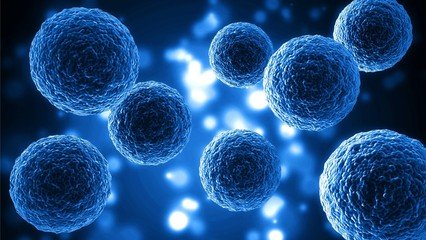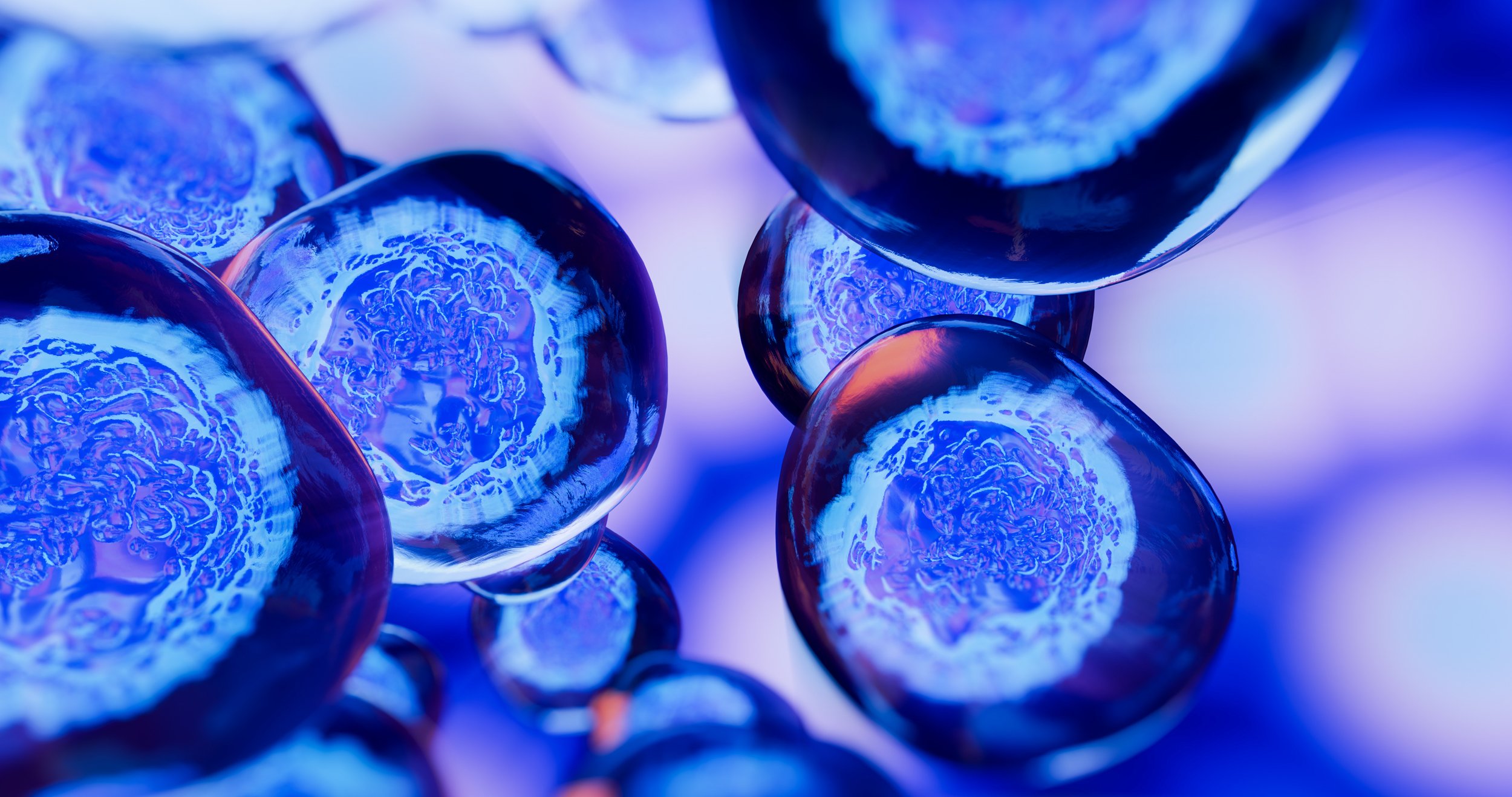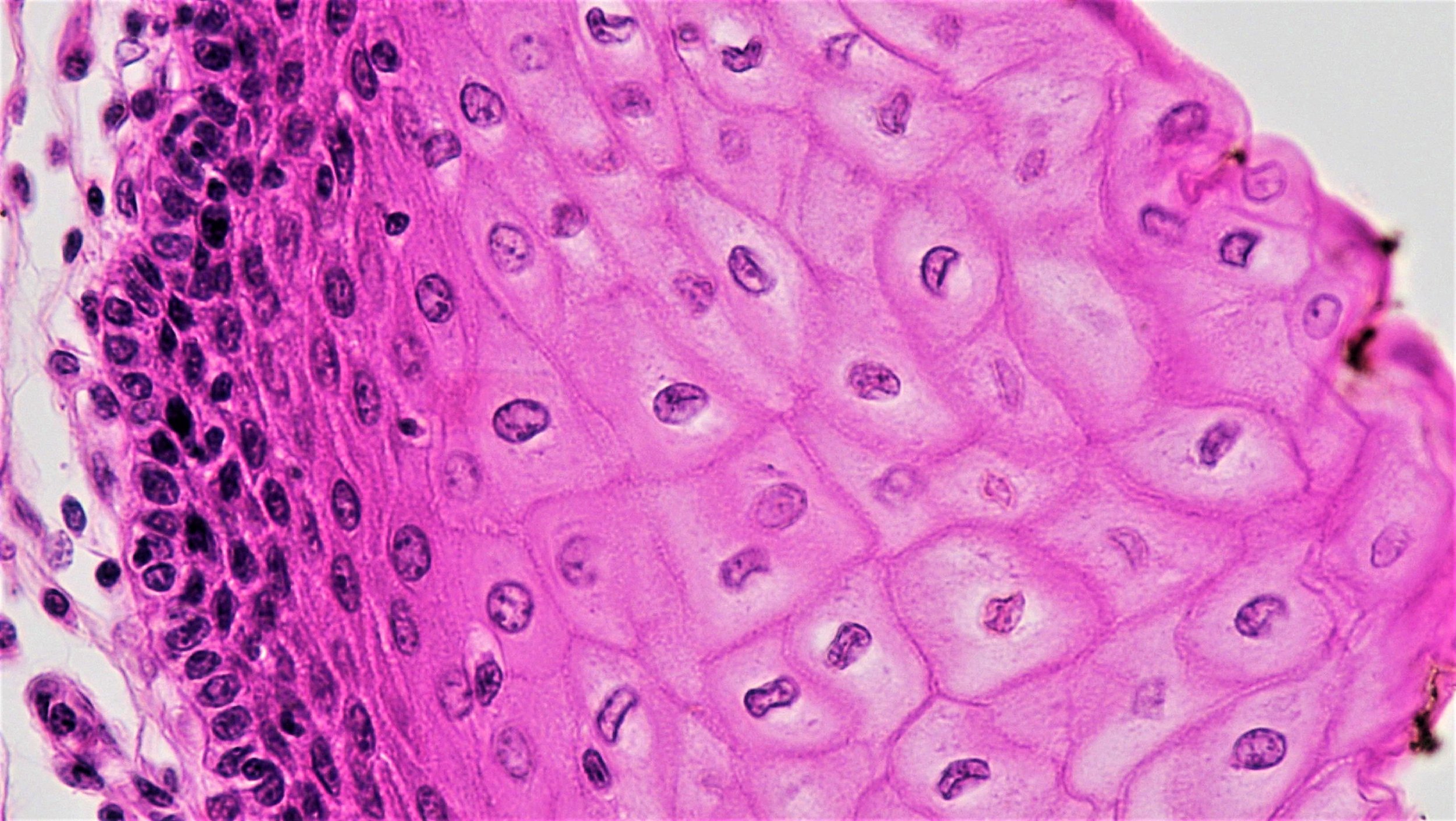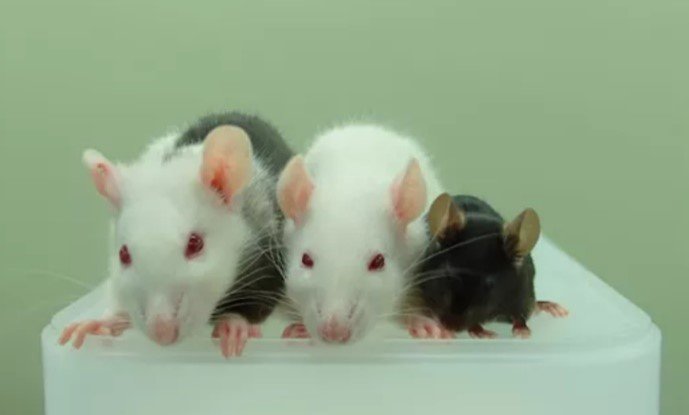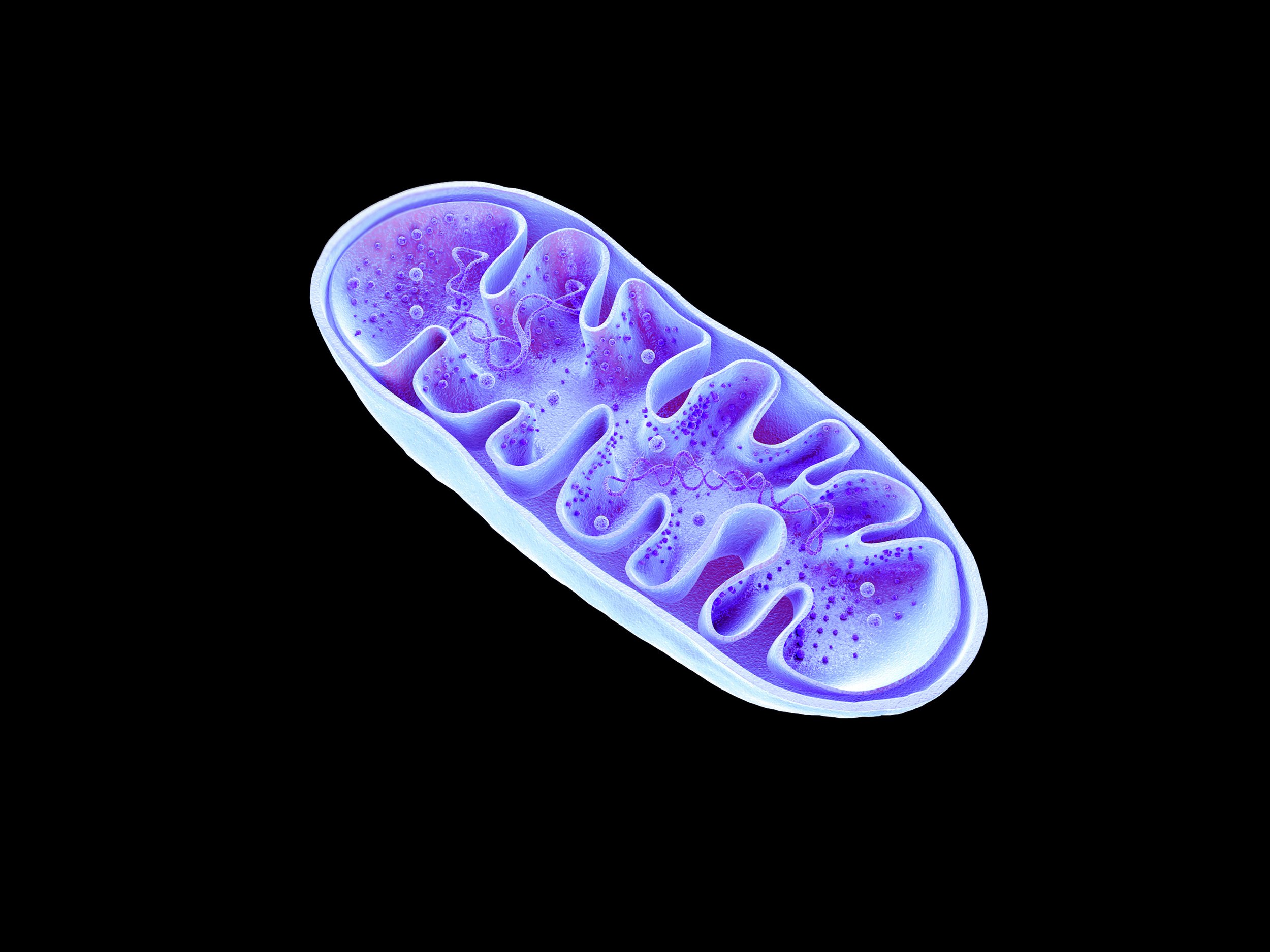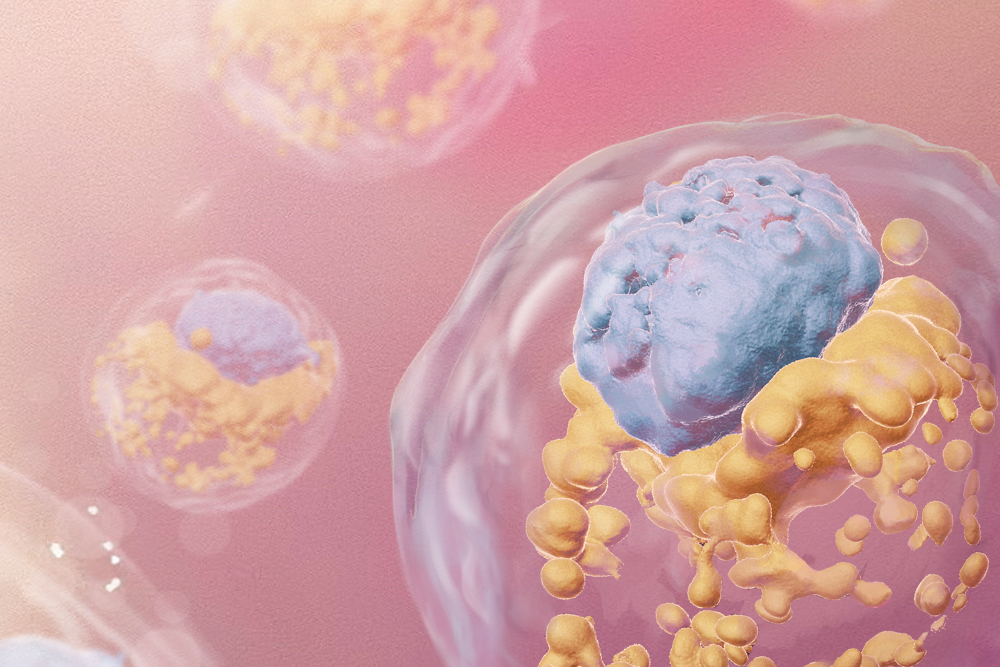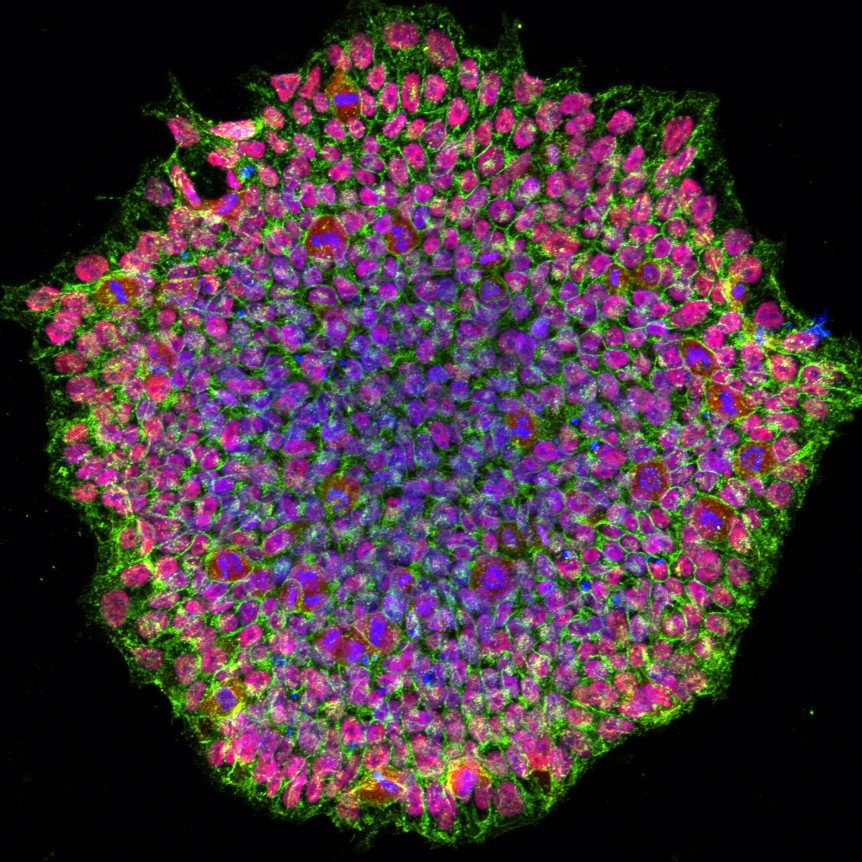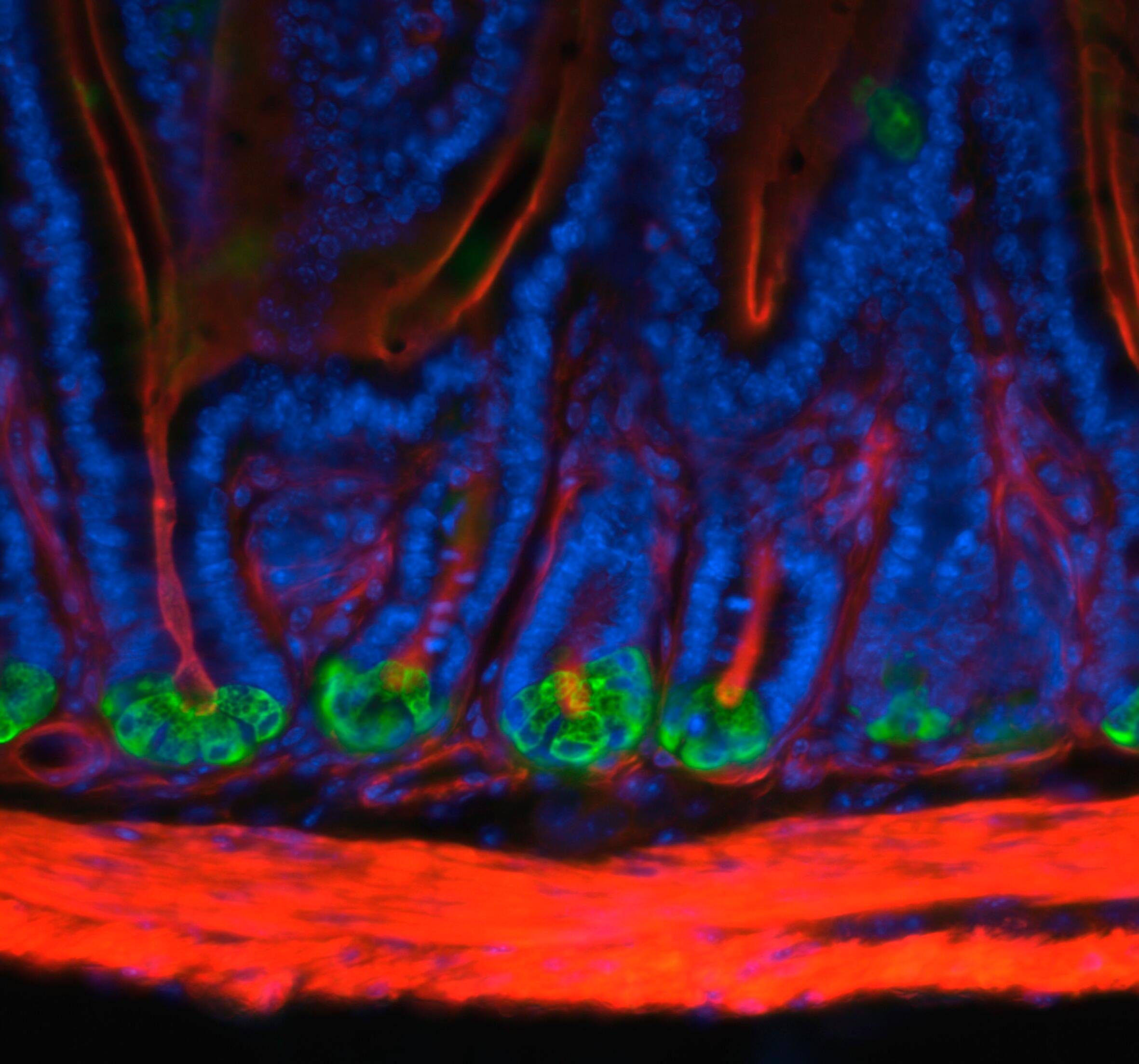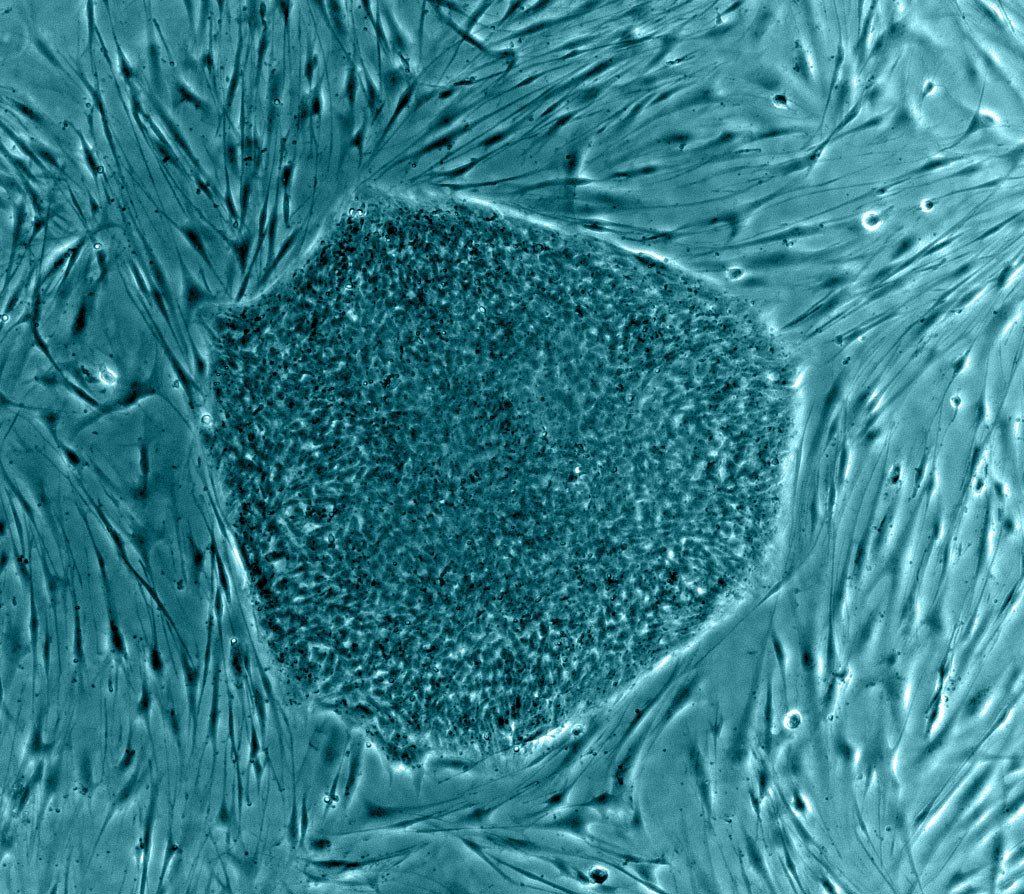Human Fetal Tissue Research
Types of Stem Cell Treatments
A stem cell treatment uses stem cells or the specialized cell types that come from stem cells to replace or repair a patient’s cells or tissues that are damaged or absent. Explore approved stem cell treatments and the dangers of unproven stem cell treatments here.
Stem Cell Treatments: Terms to Know
Explore terms to know when it comes to stem cell treatments.
Chimeras
Chimeras are persons or animals that have some living cells in their body that came from another person or animal. Discover how chimeras are used in research and the future potential of this scientific method to treat diseases.
9 Things to Know About Stem Cell Treatments
Stem cells have tremendous promise to help us understand and treat a range of diseases, injuries and other health-related conditions. Explore our nine essential things to know about stem cell treatments.
Mitochondrial Replacement Therapy (MRT)
Mitochondrial Replacement Therapy or MRT aims to prevent faulty mitochondria, the root of the disease, from being passed on from mother to child. Explore the latest research for MRT here.
Patient Guide to Stem Cell Treatments
This comprehensive resource is designed to empower patients, advocates, healthcare providers, friends, and family members with the necessary information to make well-informed decisions regarding stem cell treatments, alongside their primary care physicians or specialists.
Informed Consent Form
If you are offered an investigational stem cell treatment as part of a clinical trial or an unproven stem cell “treatment” outside of a clinical trial you should receive an Informed Consent Form or Treatment Consent Form. Learn more about this form and what to expect here.
What should I ask when considering taking part in a clinical trial?
Explore a list of questions and safety considerations you should ask yourself when considering taking part in a clinical trial.
Embryo Models
Human embryo models can self-organize into structures that resemble aspects of early embryo development and are important tools for scientific research. It is essential to note that stem cell-based human embryo models are not equivalent to human embryos. Learn more here.
Induced Pluripotent Stem Cells
Induced pluripotent stem cells are cells that have been engineered in the lab by converting tissue-specific cells, such as skin cells, into cells that behave like embryonic stem cells. Learn more here.
Tissue-specific Stem Cells
Learn about tissue-specific stem cells (also referred to as somatic or adult stem cells) and how these stem cells can generate different cell types for the specific tissue or organ in which they live.

